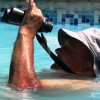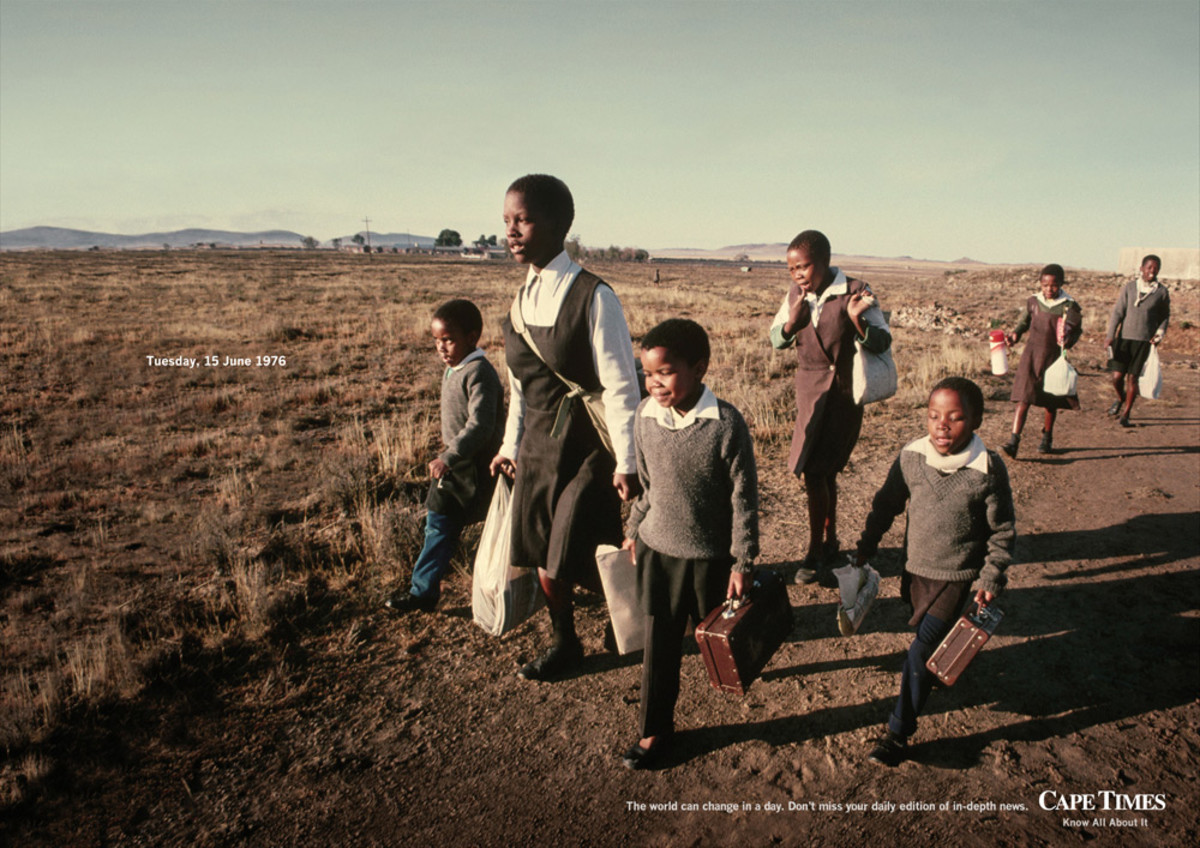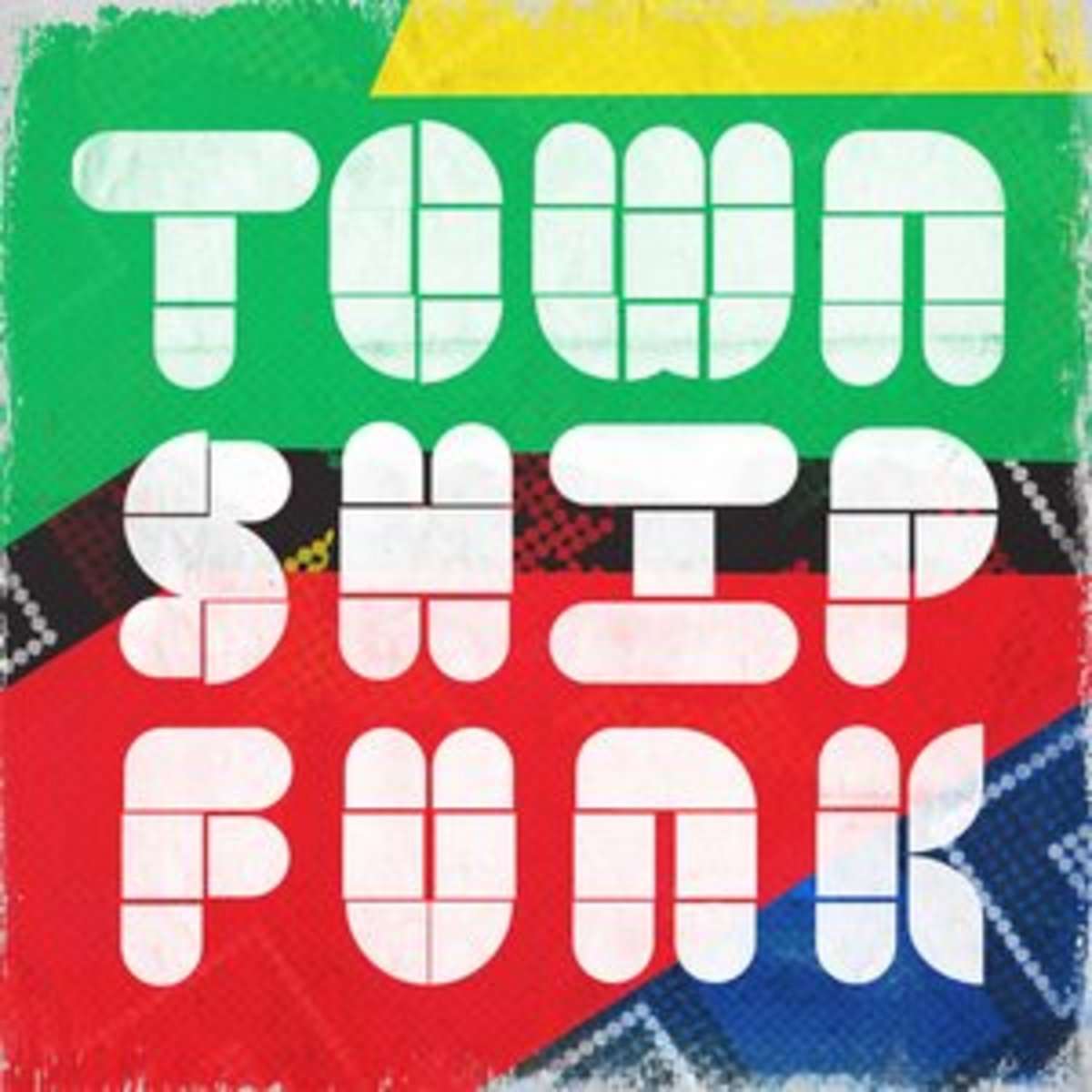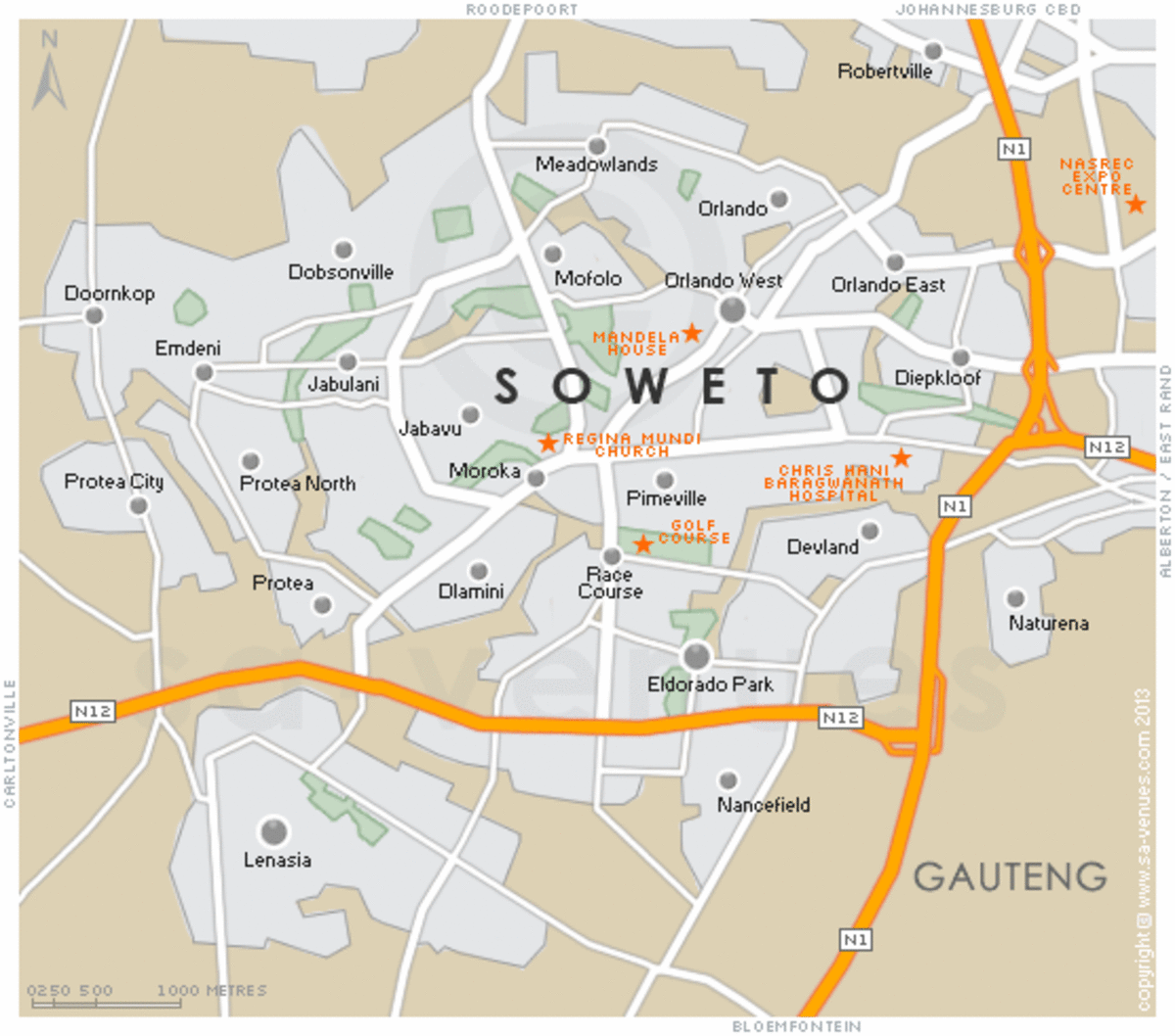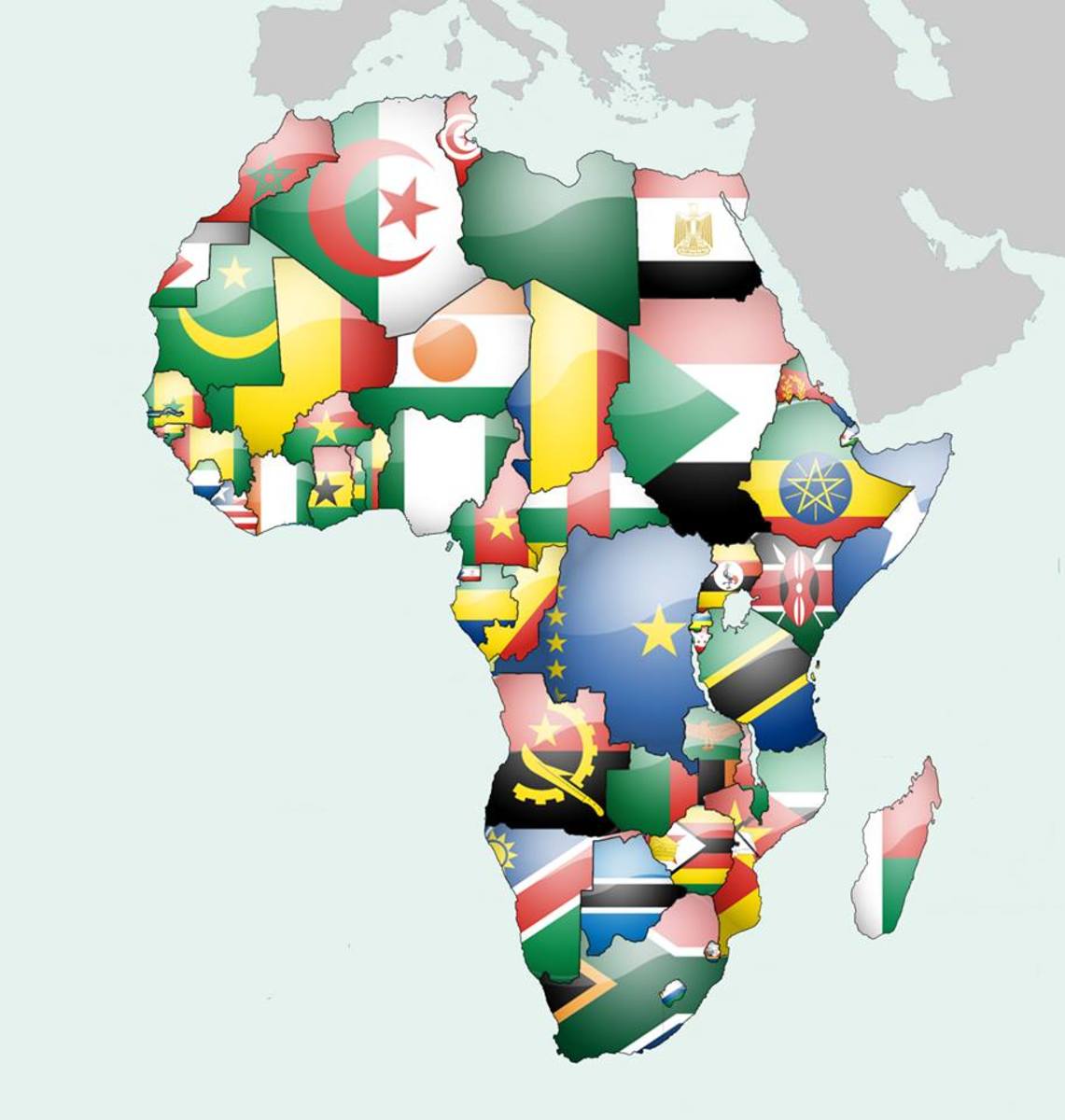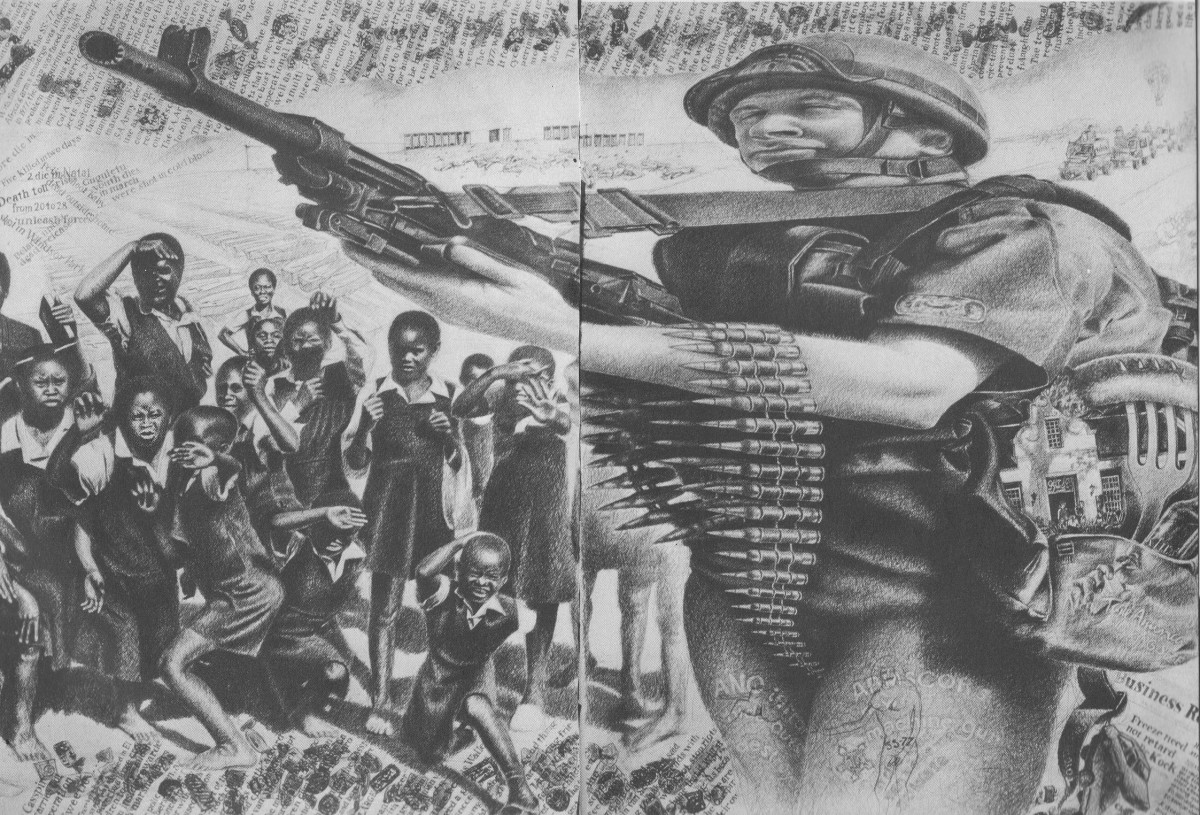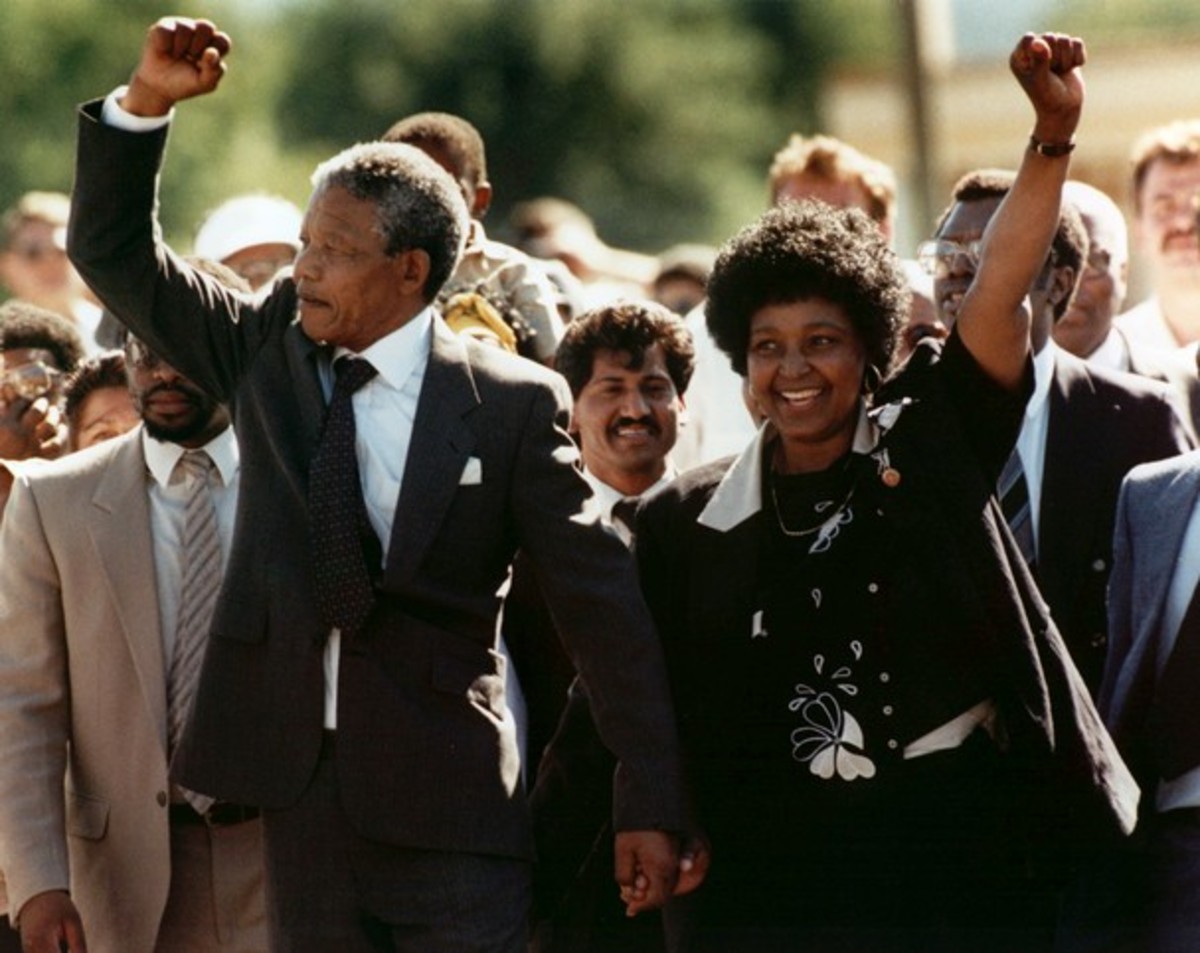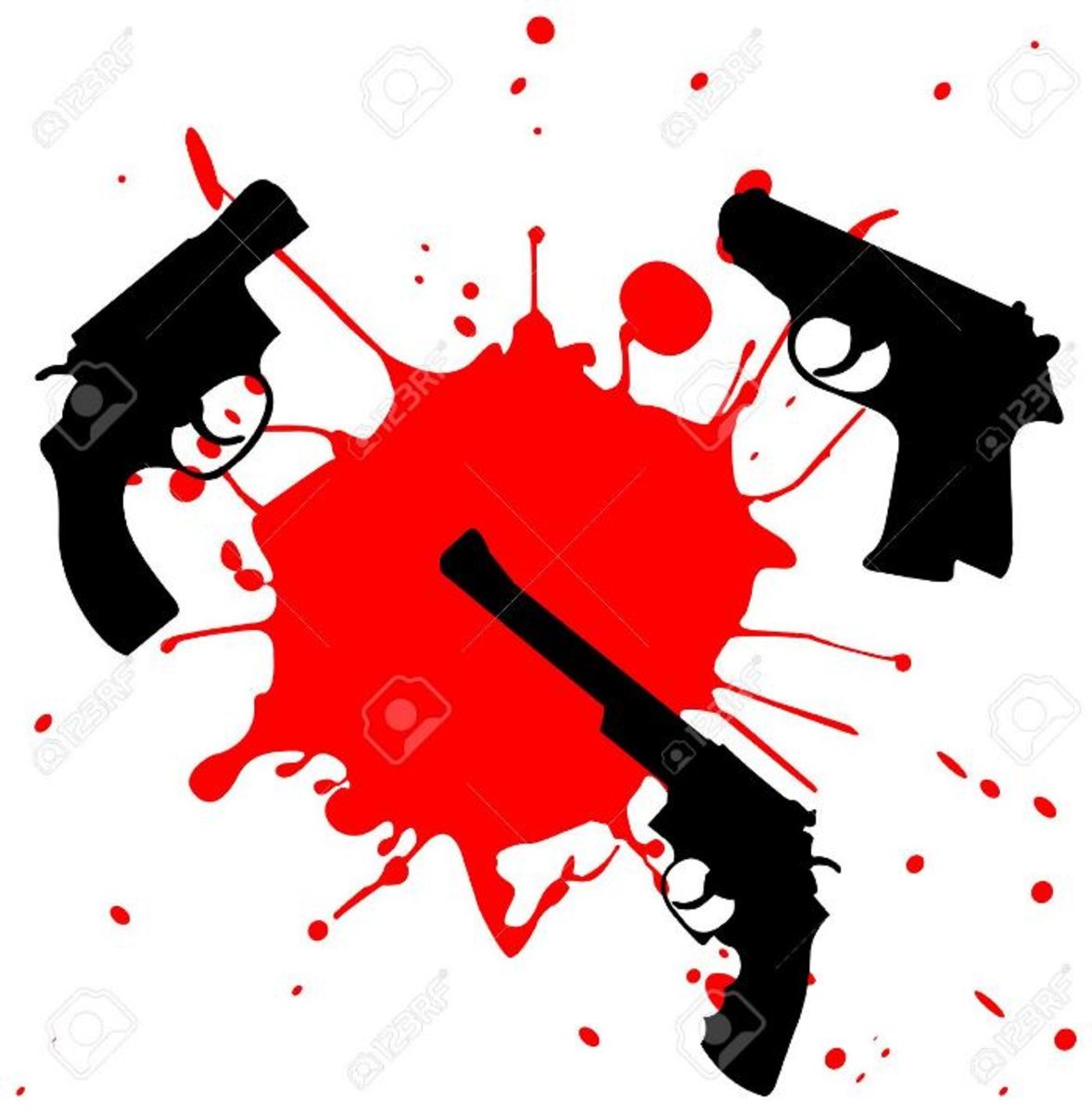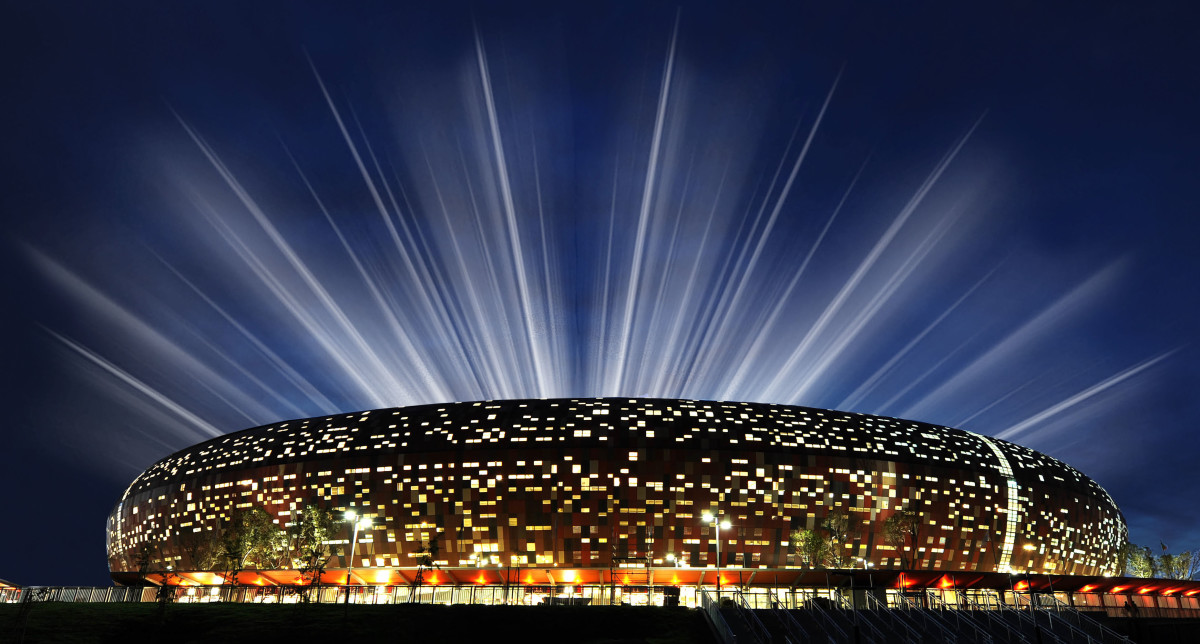Rugby World Cup Celebrations in South Africa
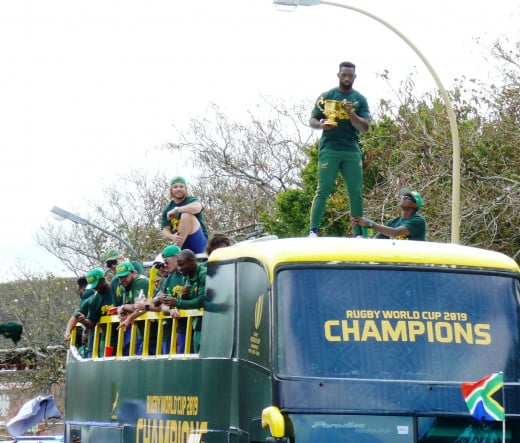
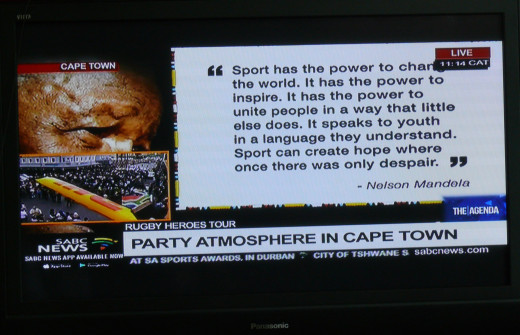
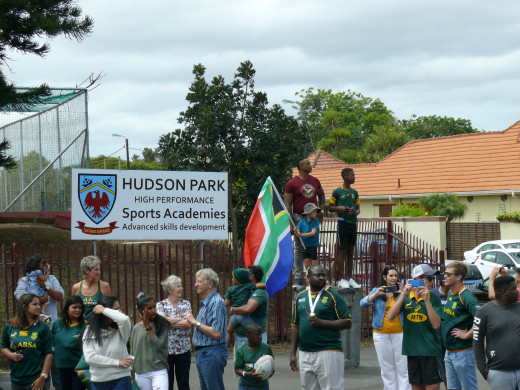
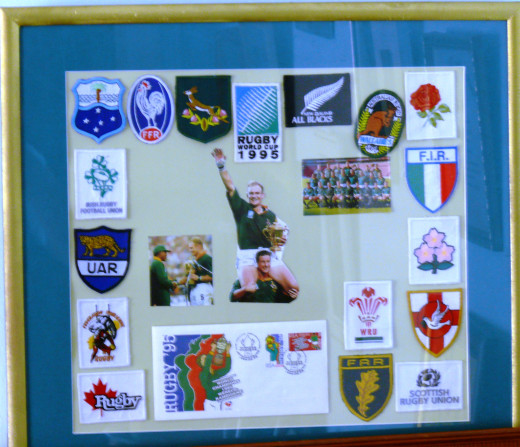
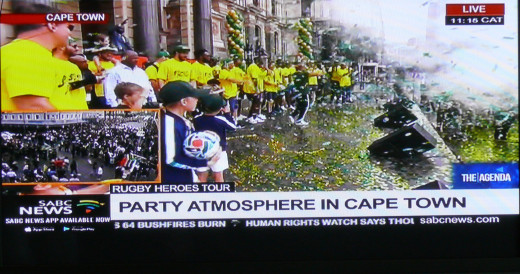
World Cup Rugby Fever in South Africa
It has been a crazy week in South Africa since the South African team (The Springboks) arrived back from Japan with the William Webb Ellis Trophy as world champions, having beaten England 32-12 in the final on the 2nd of November. The players and support team have travelled around South Africa taking the Trophy to the main cities and also into the townships, something that would have been unthought-of 25 years ago.
South Africa has won the cup three times since their return to international rugby after Nelson Mandela was released from prison; in 1995,2007 and this year - every 12 years.
Shortly after Nelson Mandela was released from the Victor Verster Prison in 1990, he became President of South Africa after the ground breaking first free election, held in 1994. One of the early challenges that he faced was to host the 1995 Rugby World in South Africa. As an astute politician and leader, he overcame resistance from the right wing hardliners in the ANC and chose to support this important rugby event. No one in South Africa who was watching will ever forget him arriving at the stadium for the final, wearing the number 6 jersey of the then South African captain, François Pienaar. The international film, “Invictus” tells that story and is well worth watching again.
Mandela was quoted as saying that sport has the ability to change a country and for the last week, after the 2019 win by South Africa in Japan, there has been a euphoria in this country as the first black rugby captain, Siya Kolisi and his team, have, for 6 days, travelled through the country in a bus cavalcade showing off the Cup. The tour started in the Gauteng Province, with visits to Johannesburg and Soweto being a start. Then to the capital, Tswane and the Union Buildings were the government offices are and then into the surrounding suburbs and townships.
From there they moved on during the week to the coastal cities of Durban, East London and the Nelson Mandela Metropolis where both the coach, Rassie Erasmus, the captain Siya Kolisi and the backline coach Zwandile Stick come from. In every city, suburb and township, crowds of people of all ages and population groups have lined the streets to get a glimpse of their heroes. Millions of people must have watched the busses go past, many dressed in the green and gold colours of the team and waving South African or Springbok rugby flags. It has indeed been a crazy week!
The team motto: “stronger together,” has again captured the imagination of most South Africans who desperately needed some “feel good” event to give them renewed hope about the future of this beautiful country. In a time of economic challenges, government corruption, tremendous drought, failure of basic services like electricity and water, and the huge gap between the haves and the have- nots, many viewed the future rather gloomily.
But for just a moment everyone seemed to realise that what happened in Japan with our multiracial rugby team is possible if we all "stand together". The example of the team who overcame our traditional rivals like New Zealand and England by a combination of hard work, dedication, common purpose and courage, has been an inspiration. Several players who made the team and who come from disadvantaged areas, have obviously given hope to many who are still battling with poverty and the difficulties associated with poor facilities and opportunities.
The obvious multi-racial composition of the team is the result of many who worked hard to change this country from what it was in the distant past. Development programs in sport and better facilities in townships and rural areas have been improved but still have a long way to go as does education and infrastructure.
Makazole Mapimpi who was the first South African rugby player to score a try in a World Cup final, is a good example. Born in a rural area near East London (Chalumna), he grew up in the sprawling satellite township of Mdantsane next to East London. Here he played rugby for a local team and showed enough promise to catch the eye of the selectors of the local provincial team, the Border Bulldogs. This led to a contract with the larger rugby franchises such as the Cheetahs and the Sharks. He was then selected for the national team where he is considered to be one of the best finishers in the team (i.e. try scorer).
As the country looks to the future the question of economic development, job provision, and better education is on the agenda. These were all dreams that Nelson Mandela had. Over the years of opportunity, unfortunately greed and corruption seem to have eroded many of these dreams. We hope that this historic moment will inspire many people at many different levels to contribute to making this country the place where all people will be able to fulfil their dreams. Perhaps some of the kids who joyously ran next to the bus cavalcade shouting “well done the bokke!” will become future national sports men and women and others will be encouraged to use their unique abilities and gifts to indeed make this world a better place for all. “Go Bo
